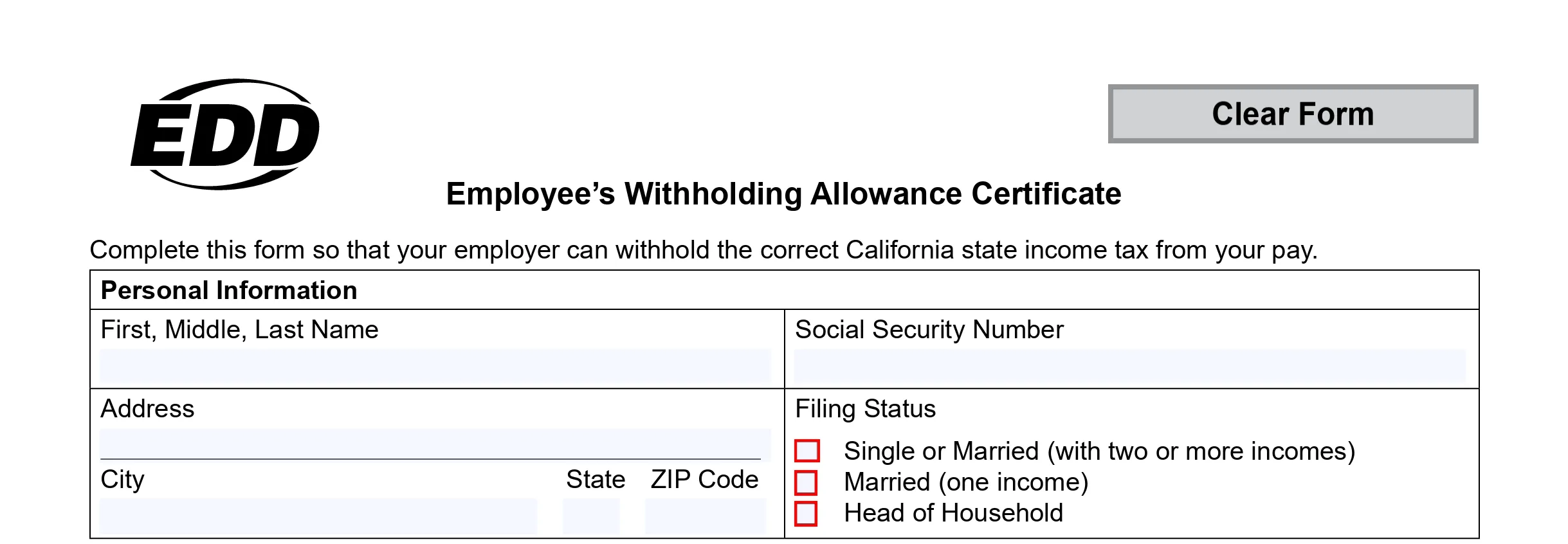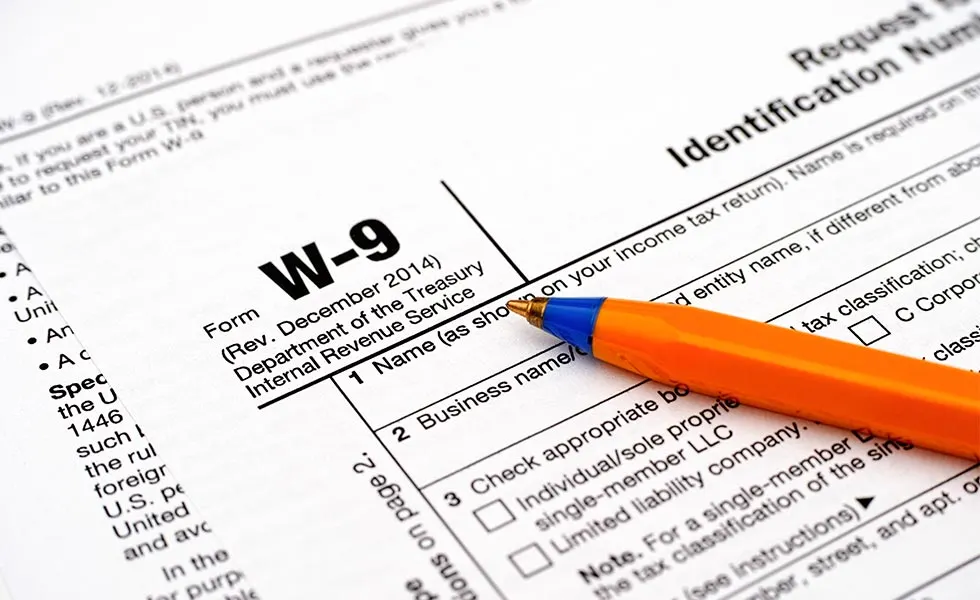IRS Tax Audit, What to expect and how to be prepared

About 1% of Taxpayers faced an IRS audit per year, and in contradiction to what most people believe, this is just a regular procedure and it’s not necessarily implying any suspicious criminal activity. Knowing what to expect if you receive a dreaded audit letter from the IRS can assist you in identifying and addressing common errors.
The IRS contacts individuals for a variety of reasons. Taxpayers are chosen through a “random selection and computer screening” process, according to the IRS, that is based on a statistical formula. The IRS compares tax returns against “norms” for similar returns. If your return doesn’t follow the “norms” you may be chosen for an audit. You can also be audited for other factors like income reported and unusual deductions, rental losses, business use of a vehicle, home office expenses, conflicting third parties reports like 1099’s or W2 and others.
The good news is that most of these audits are nothing serious and can be completed through the mail. There are two other ways this is done, by Office Examination Audit and a Field Audit. Whichever method you fall into the noticed will include the specific information that is to be examined and what supplementary documents you may need to present. You will have 30 days to respond to an audit. Gather all the forms the IRS has requested and make sure they are copies and not originals. If you notice there is a discrepancy between your records and the Tax Return it will be a good idea to contact a Tax professional, especially if you completed your taxes at home using an online filing service.
The audit ends by you proving your tax return was filed correctly, and all expenses were ordinary and necessary and you were able to provide the documentation the IRS asked for, or you were not able to provide documents and an adjustment to your tax return will be required, and the last case is that you do not agree with the IRS audit results. You can decide to appeal their decision.
Many times an audit won’t happen in the year you file. It could be two or even three years after, but no more. That is why we recommend these basic steps to keep your records in order to be prepared for any IRS Audit.
- Keep Tax Returns and records for at least three years.
- Keep all tax documents in one location.
- Save receipts (preferible digitals) especially those big purchases you are claiming as deductibles.
- Keep evidence of all deductible information.
I’m a firm believer that knowledge is power. If you get caught up in this situation and you need representation, please contact me. As an Enrolled Agent I can talk to the IRS in your name and help you from the start of the audit all the way to a happy ending.
If you found this information helpful please like and share.
Need help? Contact us at [email protected] or by phone (510) 992-3499



